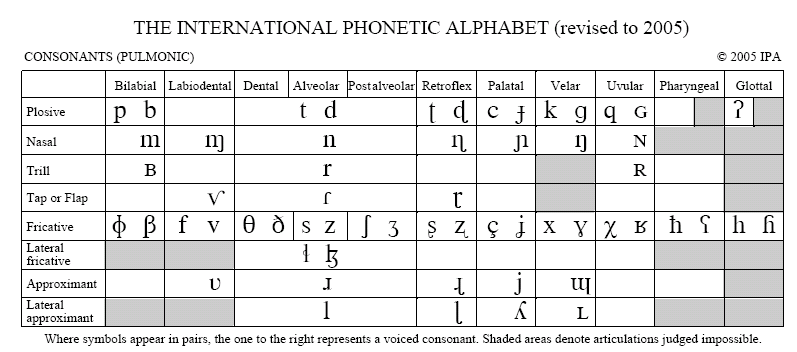In the german-speaking parts of switzerland, mixtures of dialect and standard are very seldom used, and the use of standard german is largely restricted to the written language, though about 10% of the swiss residents speak high german (aka standard german) at home, but mainly due to german immigrants.. Reflecting the history of the area in which it is spoken, german is a language of great regional diversity.the area we now call austria, germany, and switzerland was once a bewildering quiltwork of separate kingdoms, principalities, and duchies.. Deutsche dialekte or the german dialect is represented by its geographical spread of the shift of the high german consonant along with dialect continua through which the german language is linked with the other neighbouring languages..
Standard german is one high german variety, developed from the chancery of saxony, gaining acceptance as the written standard in the 16th and 17th centuries. high german refers to dialects and languages in the upper rhine region.. Moreover, the view that certain dialects of standard languages are "inferior" forms of speech reflects class and ethnic biases. harris, marvin cultural anthropology (1995) then, there are scores of regional dialects, encompassing numerous variations of the same language.. A standard dialect (also known as a standardized dialect alects from languages is that of linguistic authority, a or "standard language") is a dialect that is supported by in- more sociolinguistic notion..
![Translating Spanish: Latin America or Spain ... Cantonese/Yue dialects [557x471] : MapPorn](https://upload.wikimedia.org/wikipedia/commons/6/6e/Yue_Dialects.png)

